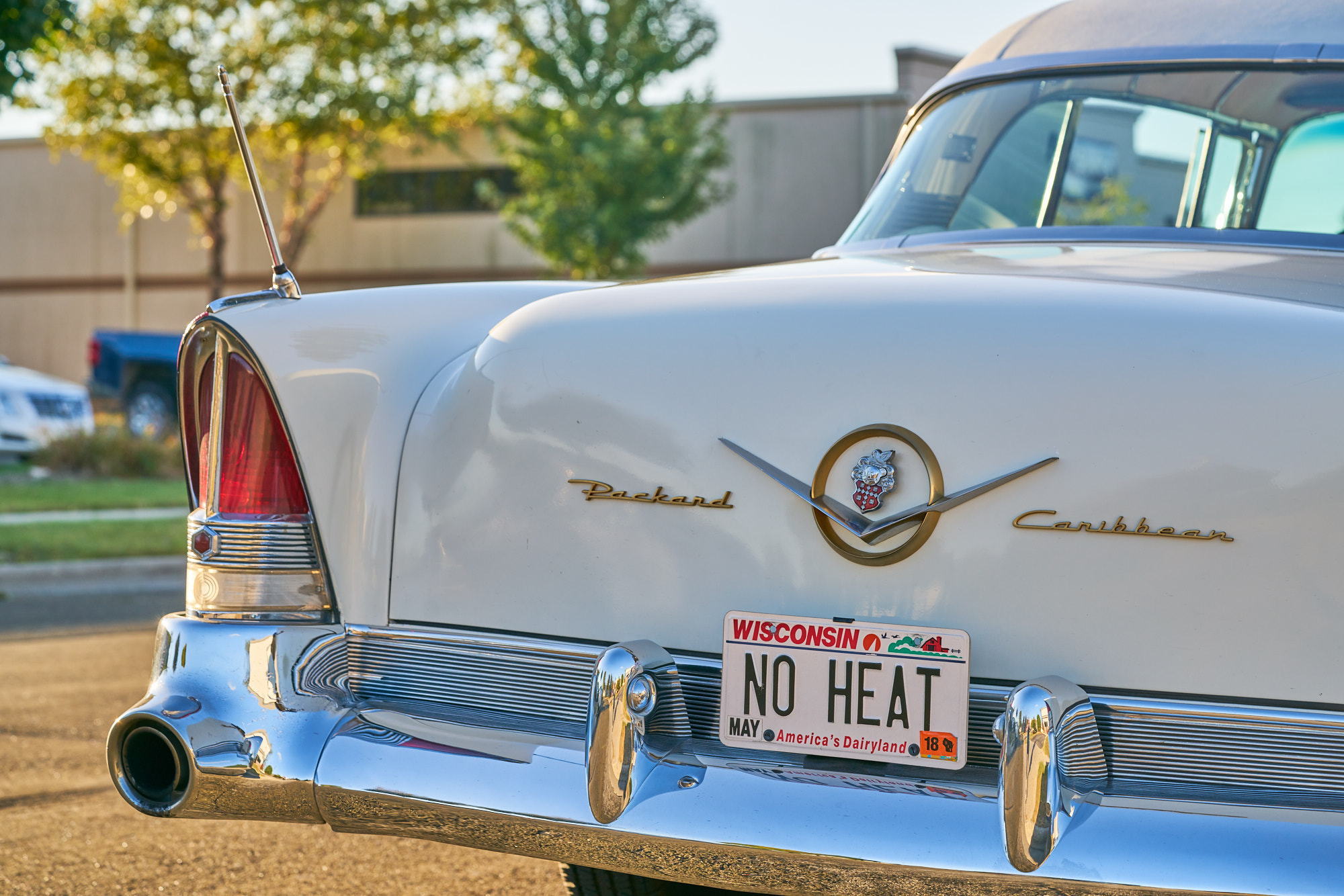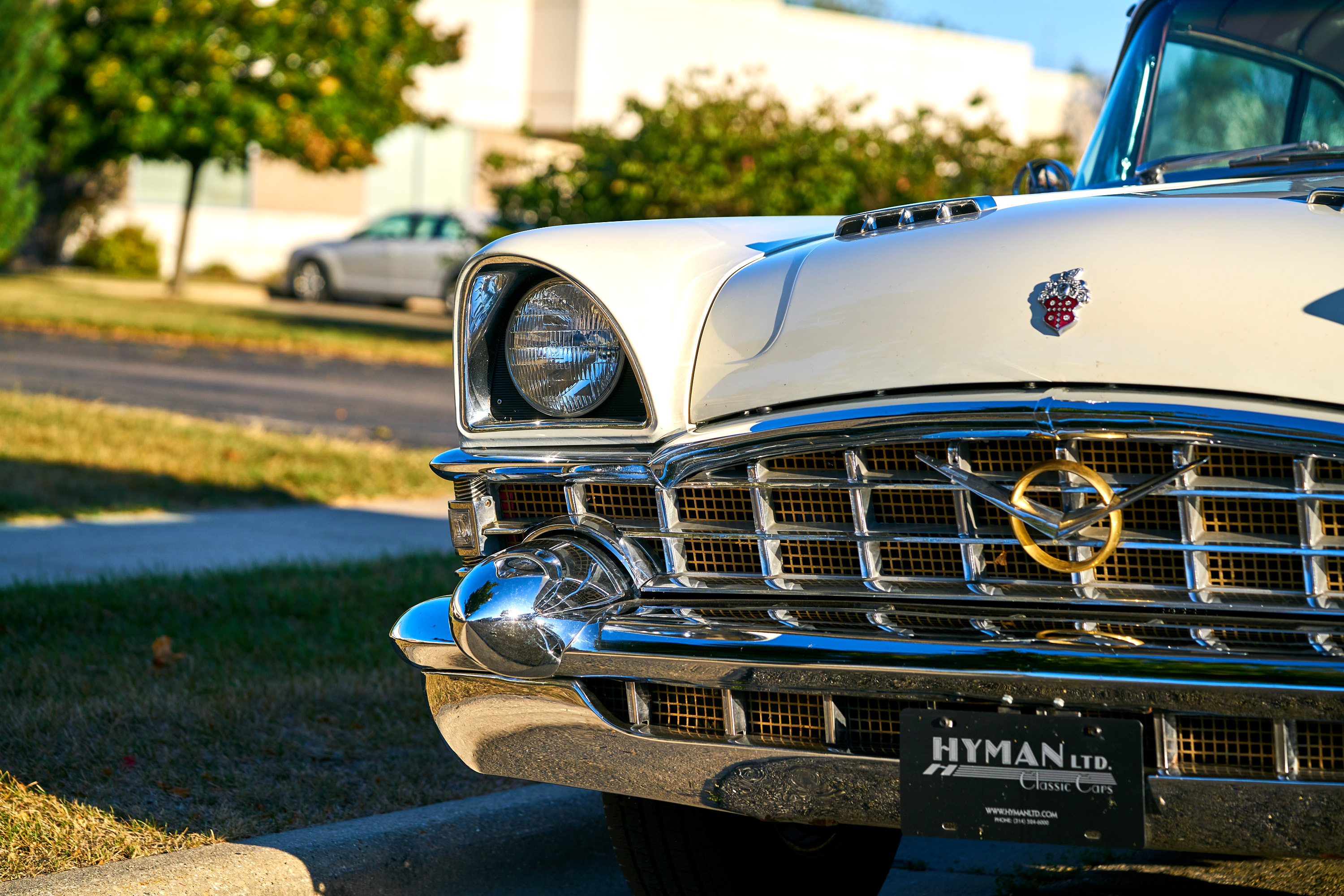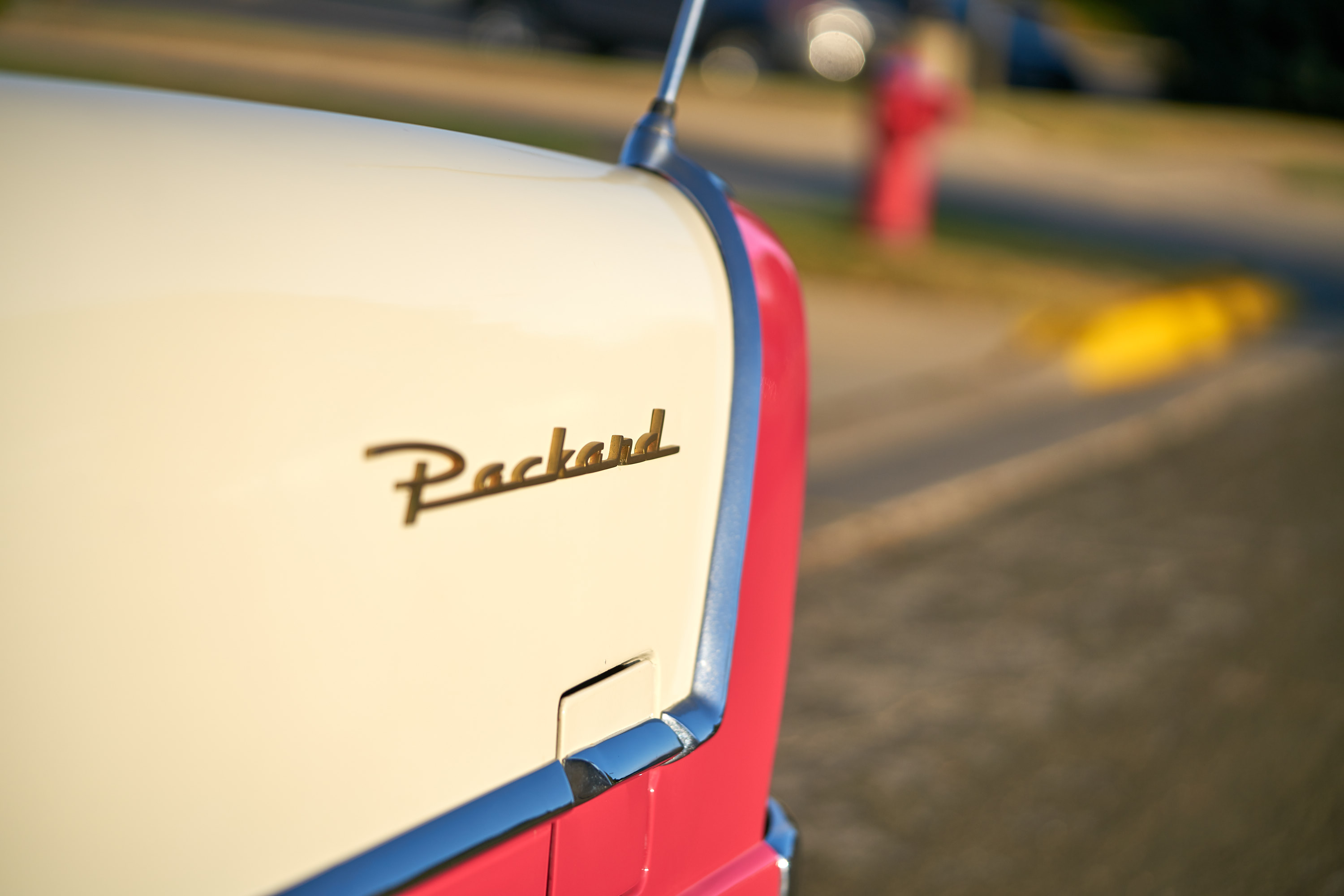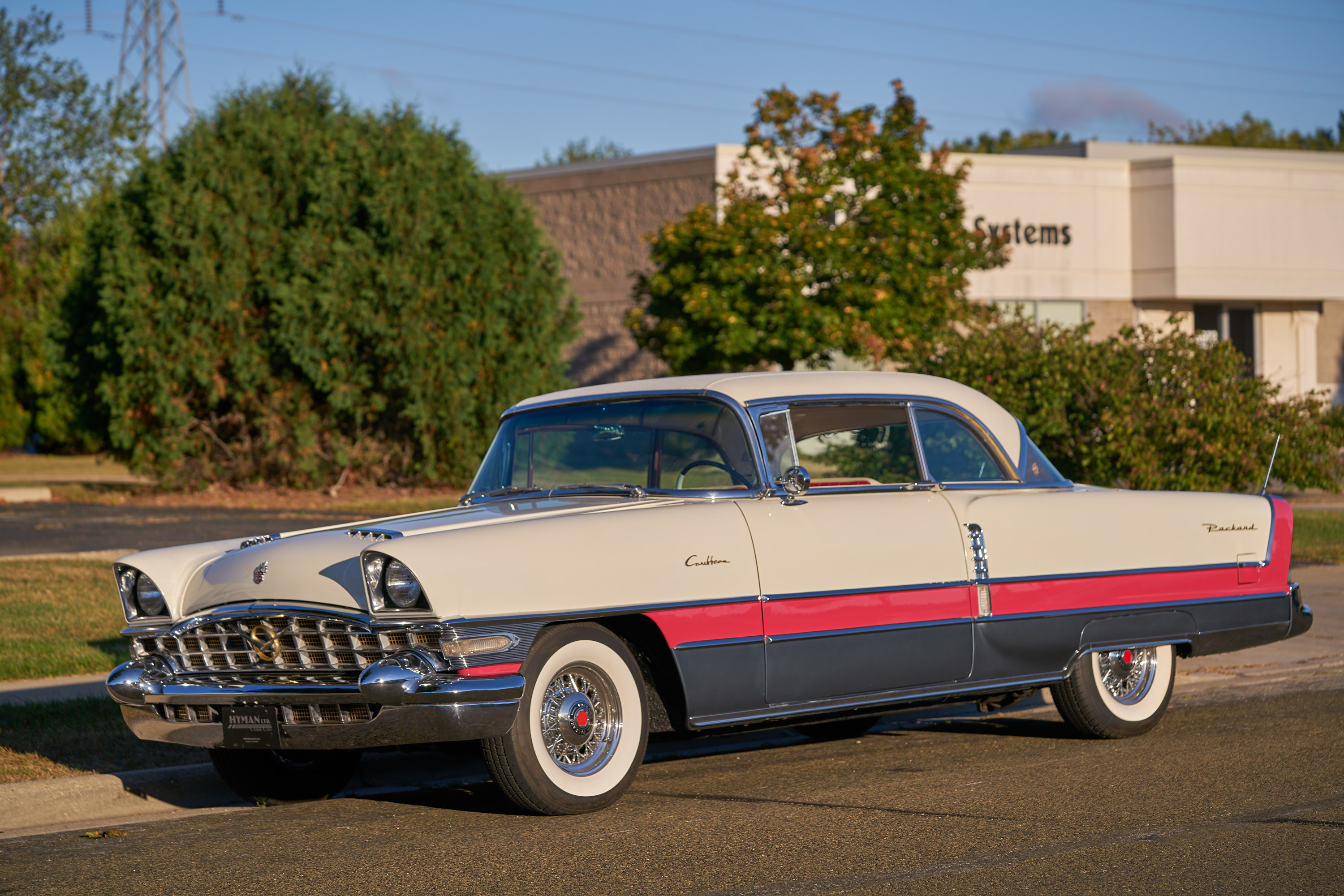1953 Packard Caribbean – wikipedia.
Category: Environment
God’s Glorious Fall Colors

Madison has been blessed with a glorious fall.
What Did We Do Pre-iPhone?
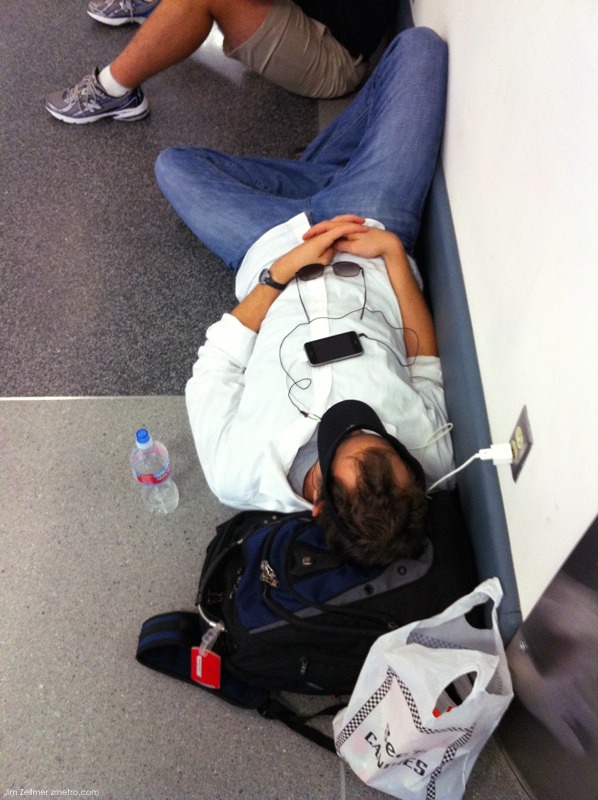

Iceland, Eyjafjallajokull Time Lapse HD Video
Bill Gates Backs Geoengineering Cloud Project
Billionaire philanthropist and Microsoft co-founder Bill Gates (and one of our 25 Who Ditched Infotech for Greentech) has been dabbling in greentech investments, backing nuclear tech, and Vinod Khosla’s greentech venture fund. But the world’s most famous computer geek has also been funding some more risky greentech projects recently, including giving $4.5 million for controversial research to use artificial clouds to cool the atmosphere, reports the Ottawa Citizen.
Specifically Gates gave funding to David Keith from the University of Calgary, and Ken Caldeira from the Carnegie Institution for Science, for projects that looked at planet-cooling technologies, says the Citizen. Those researchers in turn gave $300,000 to Armand Neukermanns, a researcher involved with the San Francisco-based Silver Lining Project, a program which studies how tiny droplets of seawater sprayed over the ocean could “brighten” clouds and reflect sunlight back into space.
Time Lapse Power Plant Video
“I am not making a political statement with this video,” writes the photographer Grewe, a tree-climbing arborist by day. “My intentions are purely artistic. The imagery is intense and I found audio to compliment it.”
Will Big Business Save the Earth?
THERE is a widespread view, particularly among environmentalists and liberals, that big businesses are environmentally destructive, greedy, evil and driven by short-term profits. I know — because I used to share that view.
But today I have more nuanced feelings. Over the years I’ve joined the boards of two environmental groups, the World Wildlife Fund and Conservation International, serving alongside many business executives.
As part of my board work, I have been asked to assess the environments in oil fields, and have had frank discussions with oil company employees at all levels. I’ve also worked with executives of mining, retail, logging and financial services companies. I’ve discovered that while some businesses are indeed as destructive as many suspect, others are among the world’s strongest positive forces for environmental sustainability.
The embrace of environmental concerns by chief executives has accelerated recently for several reasons. Lower consumption of environmental resources saves money in the short run. Maintaining sustainable resource levels and not polluting saves money in the long run. And a clean image — one attained by, say, avoiding oil spills and other environmental disasters — reduces criticism from employees, consumers and government.
Much more on Jared Diamond here.
2009 Wisconsin Farm Technology Days – Photos
The City of Your Dreams
“Could you live here?” and “would you live here?” are two of the most common questions colleagues ask each other at the end of a business trip. Responses rarely take the form of a shrugged “I don’t know” or a half-hearted “I guess so”. Rather, they typically come in vehement declarations suggesting that considerable thought has gone into the topic already. Here are a few I’ve heard over the years:
On the train to Chicago’s O’Hare: “No way. It’s neither one thing nor the other and just look at this sad excuse of a train to the airport.”
In a cab to Vancouver International Airport: “Definitely not for me – seems a bit sleepy and limp.”
In a big Mercedes en route to Hong Kong’s Chek Lap Kok: “I could do it for a short stint but it wouldn’t be for the quality of life.”
Hitching a ride with an associate to Geneva’s Cointrin: “If I could get a great flat close to the lake and move my five closest friends, then it would be amazing.”
Being taxied to Fukuoka airport: “If I wanted the best of Japan but also great connections to the rest of Asia then it would be my first choice.”
Assessing quality of life is a difficult business and, as a result, surveys on the subject throw up different results.
The Economist Intelligence Unit’s liveability ranking, released this past Monday, put Vancouver, Canada, in the top spot out of 140 world cities, followed by Vienna.
Canada, Australia and Switzerland dominated the rest of the top 10, with Melbourne in third place, Toronto in fourth, Calgary and Perth tied for fifth/sixth, Geneva in eighth and Zürich and Sydney tied for ninth/10th. Helsinki was seventh, while London was 51st, behind Manchester at 46th. Asia’s best city was Osaka, Japan, at 13th, while the top US spot was Pittsburgh, Pennsylvania at 29th.
Mercer’s quality of living survey, released in April and covering 215 cities, was led by Vienna, followed by Zürich, Geneva, Vancouver and Auckland. Singapore was the most liveable Asian locale in 26th place, Honolulu was best in the US at 29th and London was the highest UK scorer at 38th.
There are similarities between these lists and Monocle’s and the reason is simple. According to Jon Copestake, editor of the EIU report, cities that score best tend to be mid-sized, in developed countries, offering culture and recreation but without the crime or infrastructure problems seen in places with larger populations.
Most of us tend to play some version of the game every time we travel and, while some quickly conclude they wouldn’t trade their current set-up for anywhere else in the world, I’d argue there are considerably more who are tempted to give up their current address for a place that promises better housing, worklife, transport, schools, restaurants, weather, shopping and weekend pursuits.
“Gallons Per Mile Calculator”
This page describes the MPG illusion and provides tools for converting miles per gallon (MPG) to gallons of gas consumed over different driving distances. It is periodically updated with new content. A brief summary of the problems with MPG and benefits of GPM can be found here and here.
Much more here.
